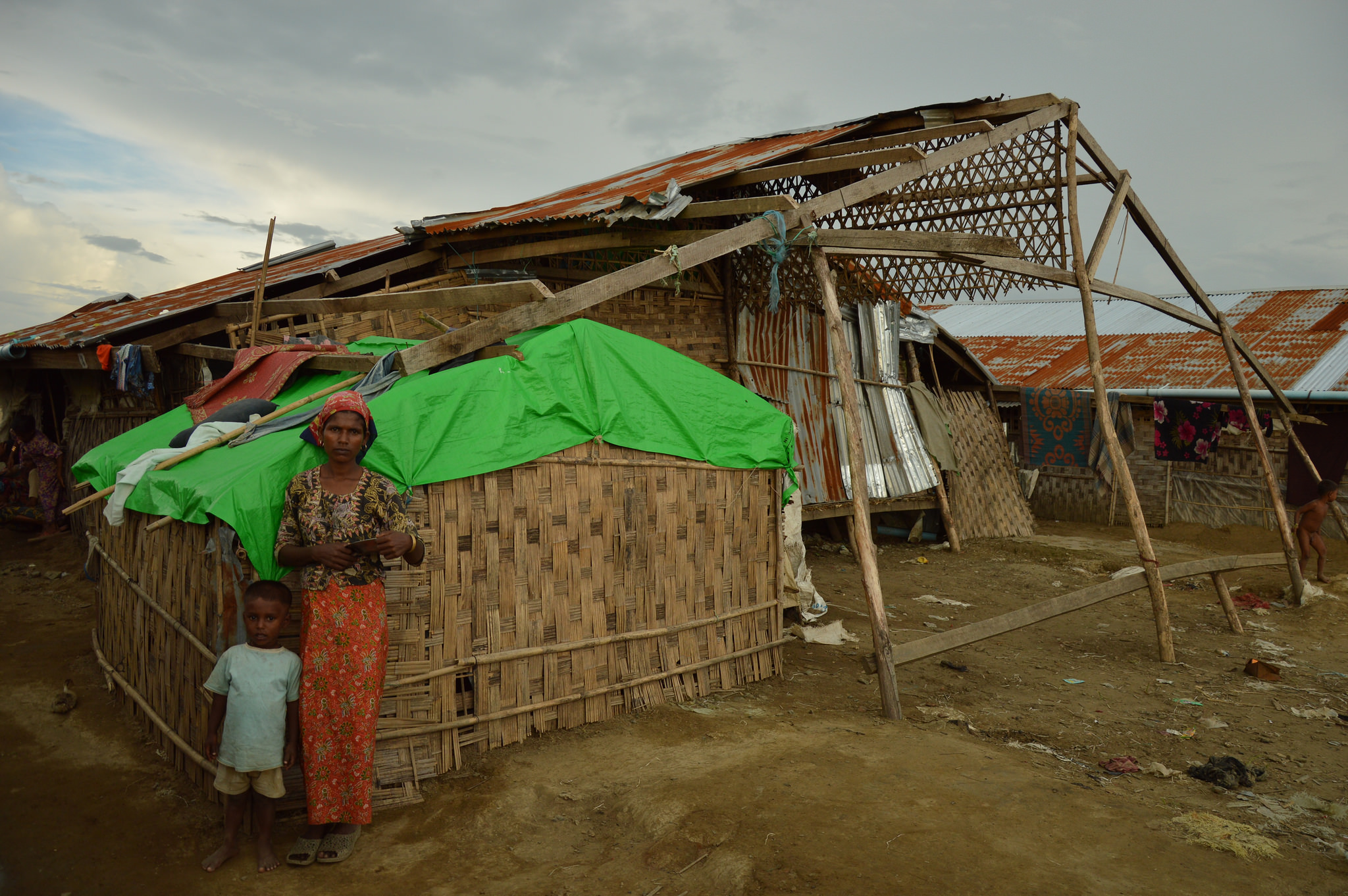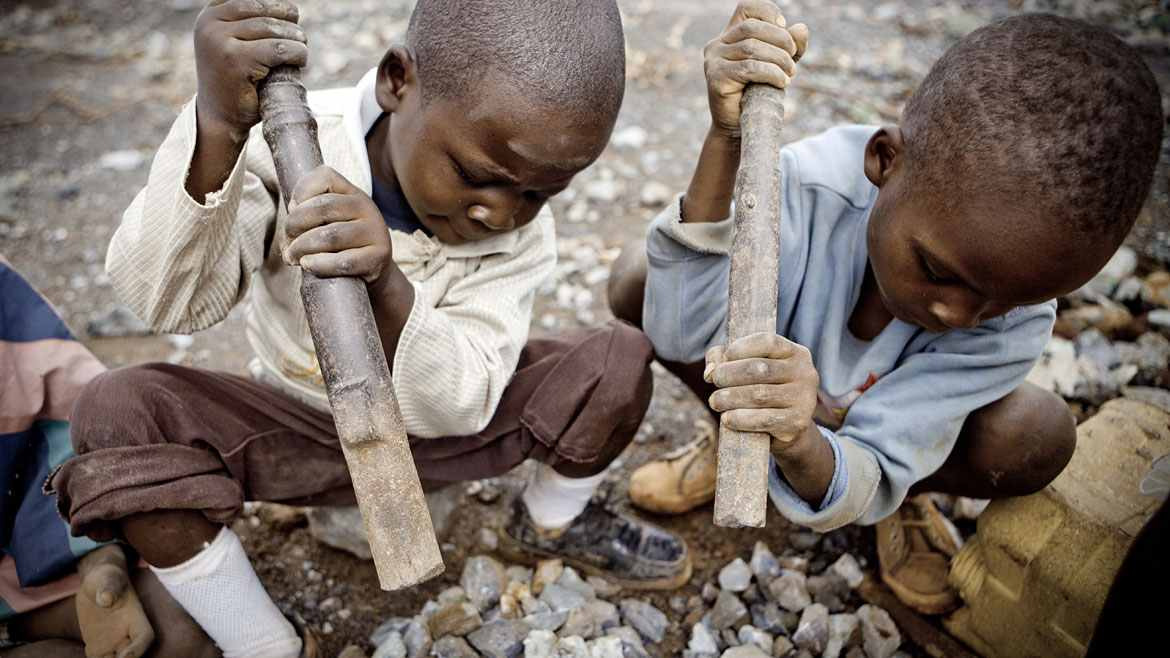Israel receives billions of dollars in military aid from the United States each year, and it may start receiving even more next year, according to widely quoted statements from the nation’s prime minister, Benjamin Netanyahu.
Apartheid Israel currently receives $3.1 billion in aid annually which, together with Egypt, accounts for 75 percent of all U.S. foreign military aid. Israel also receives additional U.S. funds for other projects, including its Iron Dome missile defense system.
Speaking from the World Economic Forum in Davos last month, Netanyahu insisted that Israel will need even more funding over the next 10 years to maintain its military edge in the wake of the nuclear deal with Iran.Agence France-Presse reported on Jan. 21:





